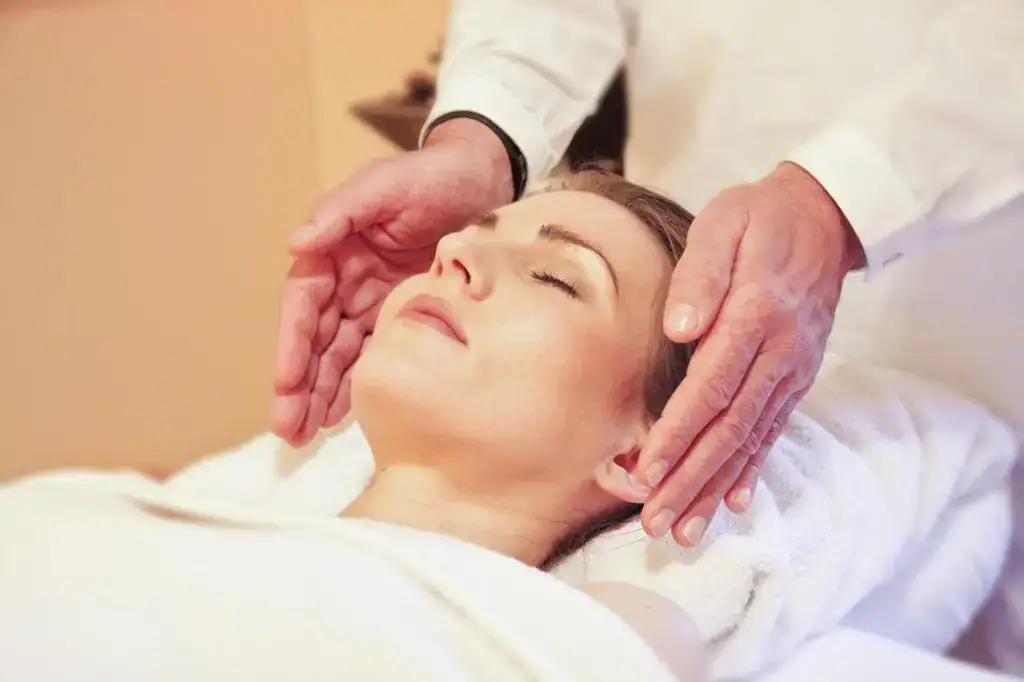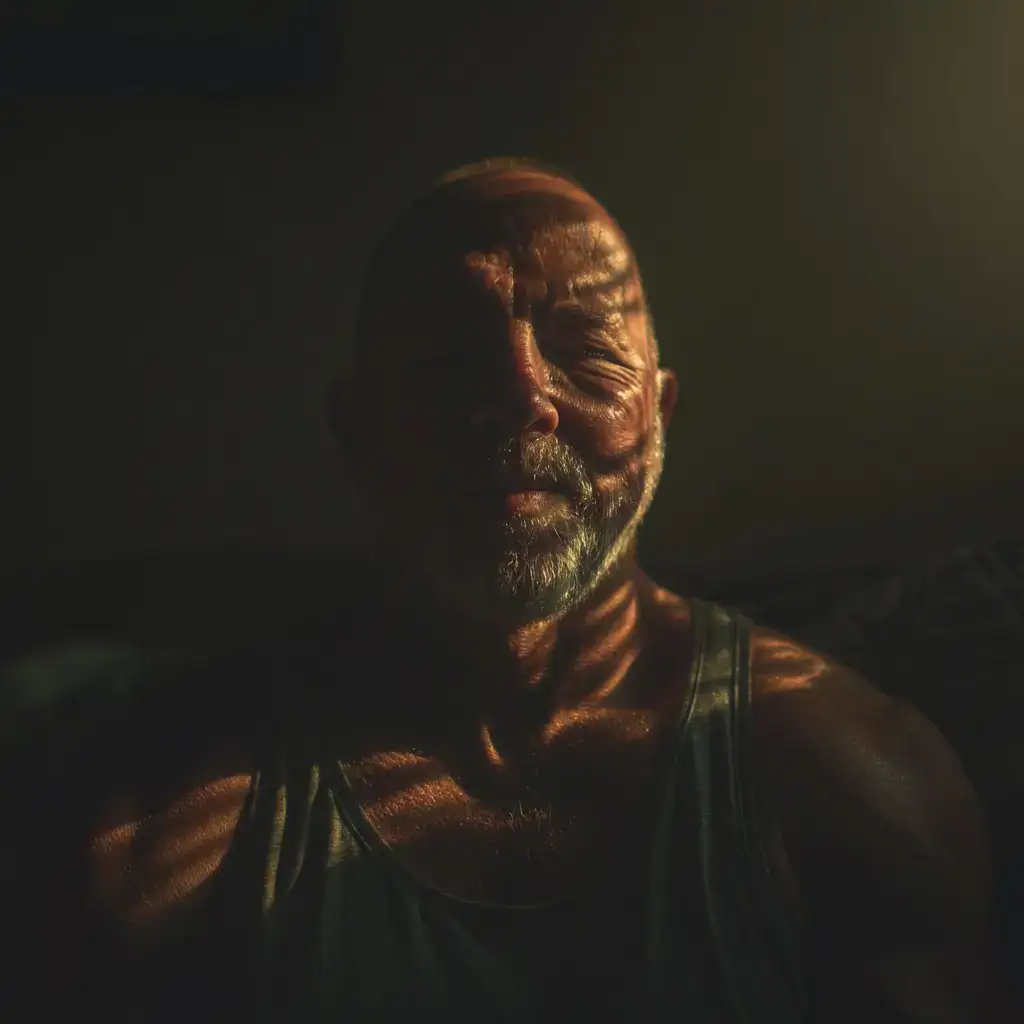
Reiki healing for sobriety changed everything for me. I still remember lying on that table for my first session — unsure, twitchy, sober but unsettled — and within minutes, something shifted. It was like my nervous system finally exhaled. Not fixed. Not solved. But heard. That was the first time in decades I felt truly safe in my own skin.
Not overnight. Not like some lightning bolt. But breath by breath, session by session, Reiki helped me come back to myself — after 40 years of numbing out. It offered me something alcohol never could: peace that lasts. Peace that doesn’t leave you waking up full of shame, fog, or regret.
In this guide, I’ll break down what Reiki really is, why it helps with sobriety, and how it can support your recovery mentally, emotionally, and physically. Whether you’re brand new to it or already on your healing journey, this post gives you practical steps and lived experience.
What Is Reiki Healing for Sobriety?
Reiki is an energy healing practice that originated in Japan. The word itself is made up of two parts — “Rei” meaning universal and “Ki” meaning life force energy. This is the same energy many cultures have referenced for centuries — Chi in Chinese medicine, Prana in yoga, Mana in Polynesian tradition.
The practice works by gently placing hands on or just above the body to channel this energy into areas that are blocked, overwhelmed, or depleted.
It’s not religious. You don’t need to “believe” in anything. You just need to be open. Reiki doesn’t demand belief — it invites presence.
What it does is help your nervous system drop out of fight-or-flight mode — that clenched, panicked, reactive state many of us get stuck in — and into parasympathetic regulation: rest, repair, recovery.
Especially if you’ve been:
- Drinking
- Smoking
- Overworking
- Scrolling to escape
- Surviving trauma
Reiki gives your system the pause it forgot how to take.
How Reiki Healing Supports Sobriety and Recovery
When I quit drinking, my body and mind were in chaos. Decades of alcohol had hardwired my nervous system to rely on chemical sedation. The silence was deafening. The emotions felt too big. The cravings — mental, emotional, physical — were relentless.
I’d already started using cold water therapy and visualisation to reset my mind. But Reiki brought something deeper — a kind of grounding that didn’t require effort. A surrender that felt like strength.
Reiki helped me:
- Regulate my nervous system and reduce stress
- Feel grounded in my body instead of fighting it
- Breathe deeply without tension in my chest
- Cry, release, and move energy that had been stuck for years
Most of all? It taught me that healing doesn’t always come with noise or drama. Sometimes, it comes in stillness.
If you’re sober curious, newly sober, or deep into recovery, Reiki might just be the soft power that supports your discipline.

What to Expect in a Reiki Session
A Reiki session usually lasts 30 to 60 minutes. You stay fully clothed, lie on a massage table or a comfortable space, and allow the practitioner to work intuitively.
They may gently place their hands on or above specific energy centres (chakras) or areas of tension. There’s no massage or manipulation — just presence, intention, and energy flow.
You might feel:
- Heat or warmth where their hands hover
- Tingling or buzzing in different parts of your body
- Colours or flashes behind your eyes
- Emotional release — anything from tears to laughter
You don’t have to do anything — physically or mentally. The less you try to control or analyse it, the more deeply it works. This is about allowing, not forcing — a rare kind of healing where your only job is to receive.
After the session, many people report feeling:
- Calm and deeply relaxed
- Emotionally clearer
- More connected to their body
- Lighter and more present
Some people feel energised. Others feel ready to sleep. Every session is different — because your energy shifts every day.
The Science Behind Reiki Healing for Sobriety
While Reiki isn’t yet fully understood by Western science, more studies are confirming what practitioners and clients have known for decades:
- Heart rate variability improves — a sign of better stress resilience
- Cortisol (the stress hormone) drops after sessions
- Improved sleep and better emotional regulation are commonly reported
Reiki has been used in clinical settings for:
- Post-operative recovery
- Chemotherapy support
- PTSD and trauma processing
- Pain management and end-of-life care
Even major hospitals like Johns Hopkins and the Mayo Clinic have integrated Reiki into complementary treatment plans.
Reiki is no longer “woo.” It’s increasingly recognised as a powerful support tool. Institutions like Johns Hopkins and the Cleveland Clinic now offer Reiki sessions as part of their integrative care programs. A study published in the Journal of Evidence-Based Complementary & Alternative Medicine found that Reiki significantly reduced anxiety and pain in patients after knee surgery. This isn’t fluff — it’s researched, respected, and recommended.
Can Reiki Work Over Distance?
Absolutely. One of the most powerful (and misunderstood) aspects of Reiki is that it doesn’t require physical touch to be effective.
Energy transcends space. That’s why distance Reiki — also called remote healing — works.
In a distance session:
- We schedule a time and set a shared intention
- You relax in your space while I channel energy from mine
- I use Reiki symbols and a visual connection to bridge the gap
- Afterwards, we debrief — just like in person
Clients across the world report the same results:
- Reduced anxiety
- Emotional clarity
- Physical ease and deep calm
If you live overseas, travel frequently, or simply feel safer at home, distance Reiki is a powerful way to experience healing without borders.
How to Try Reiki for Yourself
If you’re curious or ready to try, here’s where to start:
- Find a qualified practitioner. Look for certifications, trauma-informed practice, and a style that resonates with you.
- Book one session. Don’t overthink it — just notice how your body responds.
- Reflect. Keep a journal of what you felt. Were you calmer? Did you sleep better? Did anything shift emotionally?
- Layer it in. Combine with other healing tools like breathwork, visualisation, cold water, or talk therapy.
Or learn to self-practice. Reiki Level 1 training teaches you how to work with your energy daily. As a Reiki Master, I now teach others how to use it for themselves, especially in sobriety and recovery spaces.
Final Word: This Isn’t Woo — It’s Real Work
Reiki won’t solve everything. It’s not a cure-all. But it is a gentle, powerful tool that can become part of your healing routine — one that works with your body instead of against it.
If you’ve been running from your emotions, exhausted from pretending, or scared of what comes up when you’re sober, Reiki can hold you through that.
It’s not magic. It’s maintenance.
And when you’re trying to rebuild yourself from the inside out, that kind of maintenance is everything.

Start Your Healing Journey:
- 📥 Book a Reiki session with me
- 📘 Download the free 30-day Quit Drinking guide
- 👥 Join the Sober Beyond Limits community